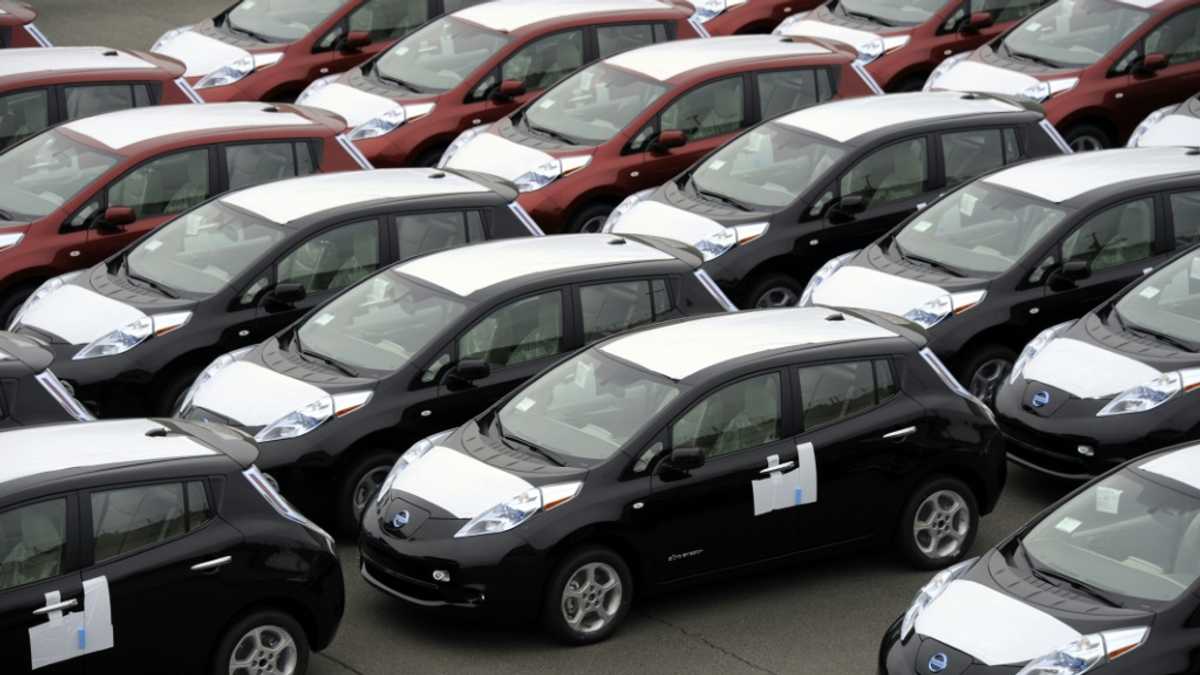Nissan’s Strategic Shift: Closing Oppama Plant and Redefining Its Future
Nissan, one of the world’s leading automakers, has announced a major shift in its operations. The company revealed that it will cease vehicle production at its Oppama plant in Japan by the end of its 2027 fiscal year. This decision marks a significant step in Nissan’s ongoing efforts to restructure and stabilize its business amid financial challenges.
The announcement comes after a difficult year for Nissan, which reported a net loss of 671 billion yen ($4.5 billion) in the previous fiscal year. As part of its broader strategy, the company plans to reduce its global workforce by 15 percent. This move is part of an ambitious turnaround plan aimed at improving efficiency and reducing costs.
Transitioning Production to Kyushu
The Oppama plant, located outside Yokohama, is one of Nissan’s six domestic facilities. It employed approximately 3,900 people as of October 2024 and has been in operation since 1961. Known for its innovation, the plant was a pioneer in producing advanced vehicles, including the Nissan LEAF, the world’s first mass-market electric car.
As part of its restructuring, Nissan will transfer the production from Oppama to an existing factory on the southern Japanese island of Kyushu. This transition is expected to streamline operations and reduce overheads, allowing the company to focus on more efficient manufacturing processes.
Financial Challenges and Market Competition
Nissan, which has long struggled with debt, is facing intense competition from Chinese electric vehicle manufacturers. Like many of its peers, the company is finding it increasingly difficult to maintain its market position in a rapidly evolving industry. This challenge has forced Nissan to rethink its strategies and explore new opportunities.
A potential partnership with Honda, which had been seen as a possible lifeline for Nissan, collapsed earlier this year. The merger talks fell apart in February when Honda proposed making Nissan a subsidiary, a move that Nissan reportedly found unacceptable.
A History of Turbulence
Nissan has faced numerous obstacles over the years. In 2018, former CEO Carlos Ghosn was arrested and later fled Japan, concealed in an audio equipment box. This scandal significantly damaged the company’s reputation and led to internal turmoil.
In addition, ratings agencies have downgraded Nissan to junk status, citing weak profitability and an outdated model portfolio. These factors have further compounded the company’s financial struggles.
Shifting Focus and New Opportunities
This year, Nissan had planned to build a $1-billion battery plant in southern Japan but had to shelve the project due to the challenging business environment. The company is also highly exposed to US President Donald Trump’s 25-percent tariff on imported Japanese vehicles, as its customer base tends to be more price-sensitive than that of its competitors.
One potential solution for Nissan could be its collaboration with Hon Hai, better known as Foxconn. The Taiwanese electronics giant, which assembles iPhones and is expanding into the automotive sector, has expressed interest in acquiring Renault’s stake in Nissan. This move could open new avenues for Nissan, particularly in the growing electric vehicle market.
Conclusion
Nissan’s decision to close the Oppama plant and consolidate its production facilities reflects a broader effort to adapt to changing market conditions. While the road ahead remains uncertain, the company is taking steps to ensure its long-term survival and competitiveness in an increasingly complex industry. By leveraging new partnerships and focusing on innovation, Nissan aims to navigate these challenges and secure a stronger future.







